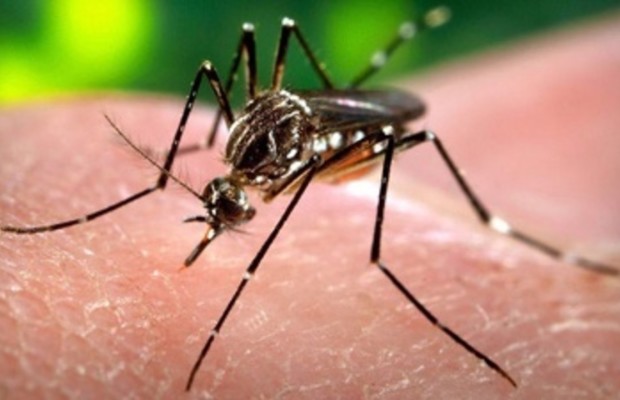Summer is quickly approaching. You know what that means. Warm temperatures. Sunny days. Backyard parties. Mosquitos.
Before this summer, mosquito bites were a nuisance but nothing that warranted concern. However, this summer is different.
The Center of Disease Control and Protection (CDC) has activated the highest level alert for the Zika Virus. The Zika Virus is spread through mosquito bites, primarily of the Aedes species. Symptoms of this virus include fever, rash, joint pain, and conjunctivitis (red eyes). These symptoms are said to last several days to weeks and it is also common that one may not know he/she has been infected since they do not get sick enough to go to the hospital.
For those who are pregnant or interested in becoming pregnant, the threat is more severe. Infection during pregnancy can cause a birth defect called microcephaly, a condition characterized by a child having an abnormally small head, and other brain defects.
The CDC has issued an alert for travel to areas where the Zika Virus is spreading and travelers who are pregnant or considering pregnancy should consult a doctor prior to travel.
The Zika Virus was first discovered in 1947 in the Zika Forest of Uganda. Only fourteen cases of Zika were documented before 2007, but as of May, 2015 the Zika Virus became more widespread in Brazil.
Since then, the World Health Organization declared the Zika Virus a Public Health Emergency of International Concern (PHEIC) making it likely that the Zika would continue to spread to other areas.
Cases of mosquito borne transmission of Zika Virus have been confirmed in Puerto Rico, the U.S. Virgin Islands, and American Samoa.
As of now, only travel associated cases have been reported in the U.S., but the CDC projects that the number of cases among those in the U.S. will increase.
Junior Veronica Dergachev is aware of the threat that the Zika Virus presents but the fact that the symptoms are not fatal is comforting, especially since she will be working at an outdoor camp with children over the summer.
“It is a little concerning to me because I may not even know that I have it until I already start feeling the symptoms,” said Dergachev. “Knowing that it’s not fatal definitely makes me more comfortable.”
In terms of prevention, there is currently no vaccine to prevent this disease. The CDC’s Emergency Operations Center is working to develop lab tests to diagnose Zika as well as monitor the spread.
The mosquitoes carrying the virus bite primarily during the day, but it is suggested that one take measures to avoid mosquito bites altogether.
Some ways to prevent being infected are to wear long sleeved shirts and pants, stay inside areas with window and door screens, and choose an EPA registered insect repellant to ensure the effectiveness of the product.
With the heightened concern of infection from these bites, it is highly recommended that one take these measures to prevent the spread of the Zika Virus in the United States.



















